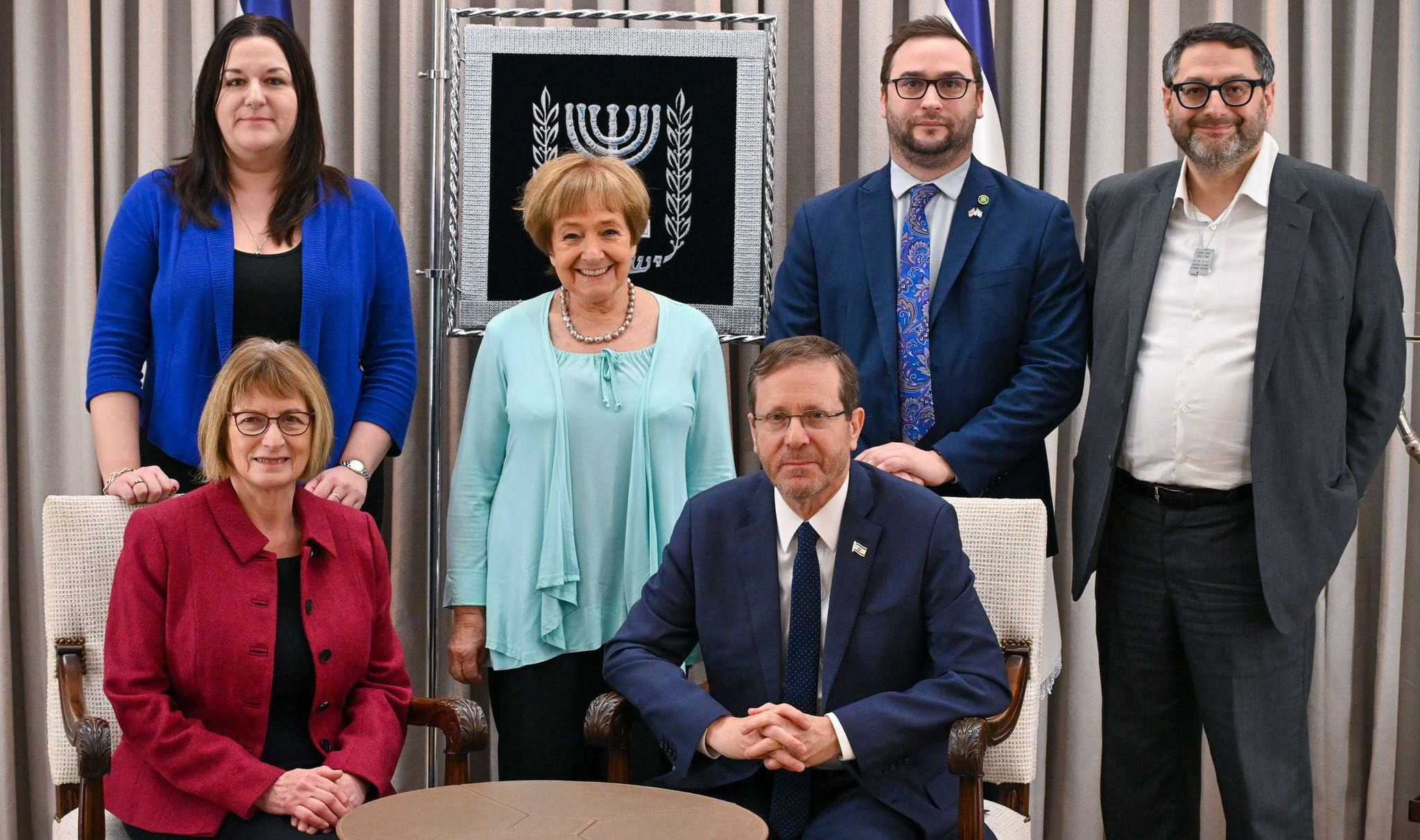Seven months into Israel’s genocide in Gaza, there remains little appetite among the Britain’s political class to end the slaughter, even after close to 40,000 Palestinians have been killed.
But the indifference to Palestinian suffering does not appear confined to individual politicians and vested party interests. Rather, it is a culture across Westminster.
One example is the All-Party Parliamentary Group for the Prevention of Genocide (APPG-G).
This is a cross-party group which apparently aims to ensure Britain does all it can to stop genocides and crimes against humanity.
Yet the group has shown no urgency to save lives in Gaza.
Its chairwoman is Fleur Anderson, an opposition MP for Putney. She is also listed as a parliamentary member of Labour Friends of Israel (LFI).
Can her APPG really be committed to preventing genocide while she also participates in a lobby group that whitewashes settler colonialism and ethnic cleansing in Palestine?
Just in January, LFI organised its largest solidarity delegation to Israel in over a decade and proudly posed with president Isaac Herzog.
They went there even as Israel was on trial for genocide at the World Court and Herzog himself was singled out for his dangerous language as evidence of incitement.
A closer inspection of Anderson’s work is revealing. In November, during parliament’s vote for an immediate ceasefire, 56 Labour MPs defied the party whip and voted for it.
Anderson was not one of them.
Less than a month later, she spoke in the House of Commons about the importance of parliamentarians doing more to ensure genocides never happen.
Trouble at the top
Ostensibly, this degree of dissonance appears to be a running theme among the other officers at the APPG.
Brendan O’Hara MP, the Scottish National Party’s foreign affairs spokesperson has been fervently calling for a ceasefire.
However, he attended a reception hosted by ADS Group, which represents arms companies directly linked to Israel’s bombardment of Gaza, like Elbit Systems.
Another officer listed on the website is distinguished human rights barrister Baroness Helena Kennedy KC.
In an interview with Prospect magazine in late October, she argued unwaveringly that Israel has a right to self-defence.
Two days after the publishing of that article, as Israel’s violence in Gaza intensified, an open letter was signed by more than 1,000 UK lawyers.
They called on the government to fulfil its international obligations and ensure de-escalation.
Kennedy was not among the signatories.
In April, another open letter to the prime minister was signed by hundreds of lawyers, including three former supreme court judges.
They called for a permanent ceasefire, sanctions against Israeli officials and a suspension of arms sales to Israel.
Kennedy again did not sign it.
Palestinians don’t count?
Seemingly, that tone of apathy set by figures in the upper echelons trickles down and permeates the wider culture of the APPG.
Lord Alton is listed as a member of the group, and penned an article in Politics Home in December commemorating the 75th anniversary of the Genocide Convention.
The article came three months into Israel’s genocide in Gaza, which has been characterised by grave human rights violations.
Yet Gaza did not receive a single mention in his article.
This appears to be a conscious choice, as Lord Alton liberally used the term genocide when he convened a debate in parliament on China’s treatment of Uighur Muslims in 2021.
Lord Alton was also part of a roundtable discussion in January hosted by the APPG-G regarding “atrocity prevention” in which he dismissed that Gaza constituted a genocide, as corroborated by members of Wandsworth Friends of Palestine in attendance.
Speaking to Declassified, they recall he urged caution about using the word genocide regarding Gaza so as not to “dilute the term”.
Lord Pickles
The cross-party group’s wider network of allies looks problematic too.
At an event hosted by the APPG-G to commemorate the 75th anniversary of the UN genocide convention, Lord Pickles was invited as a speaker.
People who were in attendance at the event spoke exclusively to Declassified and recall Lord Pickles making several incendiary comments during the evening.
He allegedly claimed that people in the UK were celebrating in the streets on October 7 and repeated the baseless accusation that Israeli babies were beheaded.
These remarks align with Lord Pickles’ history of steadfast support for Israel.
He chaired Conservative Friends of Israel and received congratulatory messages from Benjamin Netanyahu upon his appointment to the House of Lords.
Similar discrepancies arise when the broader institutional affiliations of the APPG-G are examined.
The Aegis Trust, an NGO which campaigns to prevent genocide, is listed on the APPG’s website as a partner.
Its founder, James Smith, published an article on October 18 encouraging a full invasion of Gaza.
In January, as the International Court of Justice made an initial ruling in the South African case against Israel, Smith appeared in The Atlantic.
He lamented the unjust singling out of Israel and the “selective application of legal statues”.
It is therefore palpable that the all-party parliamentary group on genocide prevention has individuals within its ranks – and enjoys partnerships with those – for whom the idea of holding Israel to account is anathema.
This should call into question the effectiveness of such groups in parliament.
If nothing else, it crystallises the double standard that often leaves Palestinians short of dependable allies in their struggle against genocide.
The APPG-G did not respond to a request for comment.



